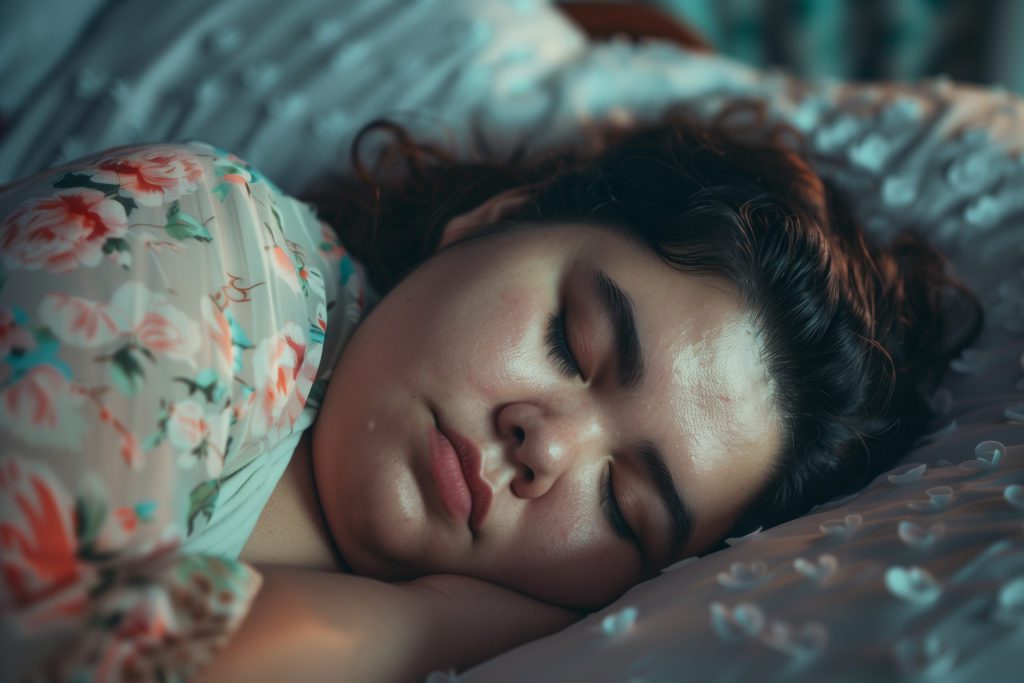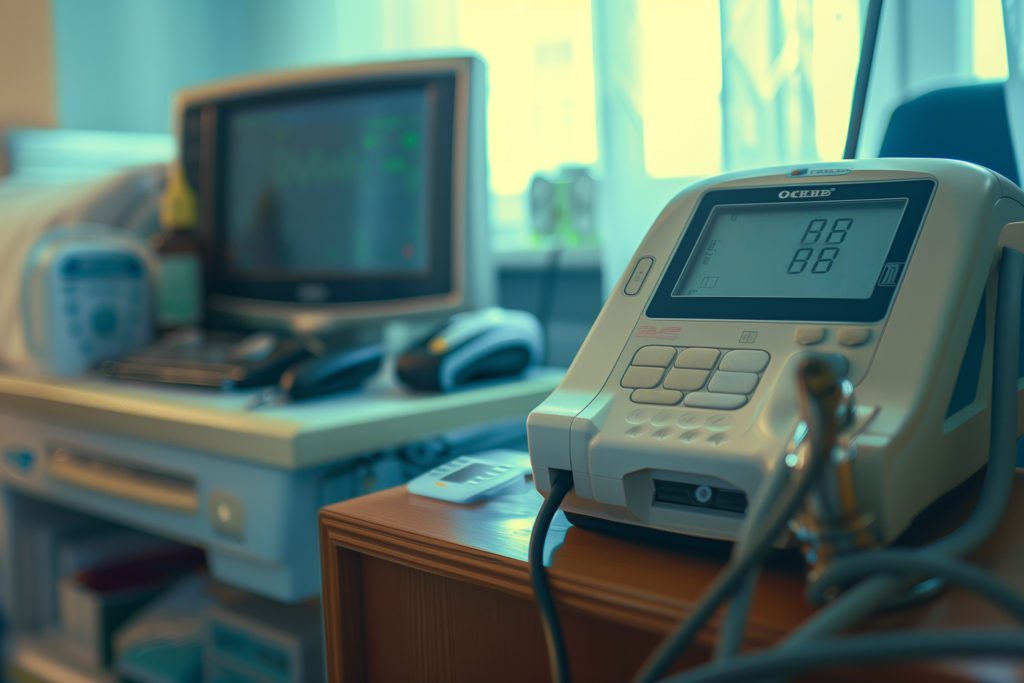
Why Do I Feel Lightheaded When I Wake Up?
Discover the surprising causes of morning lightheadedness and effective strategies to improve your mornings and enhance overall well-being.

How often do you wake up feeling lightheaded? Is it every day or once in a while? If you wake up feeling lightheaded, you’re not alone. In fact, there are many reasons why someone might wake up feeling lightheaded. From low blood sugar to medication side effects, there are a number of explanations for your dizziness, which is precisely what we’ll dive into today in this article.
We’ll explore the common causes of lightheadedness upon waking and what it means for you, and we will even provide some actionable tips to help you overcome this dizziness in the short and long term. If you’re ready to find out the truth behind your morning dizzy spells, keep reading!
What Are the Common Causes of Lightheadedness Upon Waking?
There is no one singular reason as to why you might be lightheaded when you wake up. Truthfully, it could be a combination of factors. You could be taking certain medications and also have a medical condition, or you may just be dehydrated. Let’s explore some of the common causes, beginning with one of the most prevalent: dehydration.
Cause #1: Dehydration
If you find yourself waking up with a headache or a bit of dizziness, it might be because you didn’t drink enough the night before. Dehydration is a sign that your body is not in homeostasis anymore, as it needs water to properly function both physiologically and mentally. That’s why going without water can give you headaches, make it more difficult for you to think, and more.
You might be dehydrated upon waking if you have a dry mouth, dark urine, or experience inexplicable fatigue. Fortunately, if you have mild dehydration, you shouldn’t expect any changes to your sleep quality or duration. However, that doesn’t mean you shouldn’t take steps to ensure you’re adequately hydrated to avoid too much fluid loss and stubborn headaches when you get up to start your day.
Cause #2: Low Blood Sugar
Low blood sugar, also known as hypoglycemia, is a common culprit responsible for headaches and dizziness when you wake up in the morning. This is even more dangerous for those who have type 1 diabetes mellitus (T1DM). Lightheadedness is a common symptom many with T1DM experience because the body does not have enough blood sugar to support bodily functions, leading to dizziness upon waking if you don’t wake up overnight.
For those without T1DM, you’ll likely wake up because of your body’s normal response to low blood sugar levels. However, if you don’t, studies show that you will wake up with lightheadedness. To combat this, don’t skip meals and watch out for symptoms like shakiness, sweating, or confusion, as these can be telltale signs that your blood sugar is low.
Cause #3: Sudden Drop in Blood Pressure
Another common reason you might wake up feeling dizzy is a sudden drop in your blood pressure. Also known as orthostatic hypotension, this condition causes lightheadedness as soon as you get up because you might have stood up too quickly. It is common as you get older, but it can leave you feeling a little off-balance and dizzy, and it will require you to take a moment to allow your body to adjust to being up and on two feet.
In some cases, you might only need about thirty seconds to feel well enough to go to the bathroom or to move about your home. For others, you might need a few minutes to ensure that your blood pressure is back to normal. Whatever you do, mind how your body feels, and take care of yourself! If you have blurred vision or dizziness, take a moment and sit. For some individuals, trying to get going without giving yourself a moment to adjust can lead to fainting.
Cause #4: Sleep Apnea
Individuals who have been diagnosed with sleep apnea are among many who may struggle with chronic dizziness upon waking. The reason for this is simple: when you have sleep apnea, you experience disordered breathing while you rest, which can limit the amount of oxygen going into your brain. Thus, when you wake up after a night of sleep disturbances due to sleep apnea, you are likely to feel faint or lightheaded at the very least.
However, the good news is that treatment can help you overcome this common cause. One study showed that those with moderate to severe obstructive sleep apnea (OSA) experienced dizziness, showing that this is a prevalent cause of lightheadedness upon waking. To relieve this, treatment options for OSA may help you, as they can help you sleep more soundly and avoid sleep disturbances in the future. If you struggle with snoring, excessive daytime sleepiness, or headaches, then it might be worth getting assessed to see if this is causing your dizzy spells.
Cause #5: Side Effects from Medication
Unfortunately, some of the medications that you might be taking could be the cause of your headaches in the morning. Some of the prescriptions that are best known for creating these dizzy spells include antihypertensives, diuretics, and antidepressants. Medication overuse can also cause sleep disturbances that lead to chronic headaches, so that is something to watch out for if you have regular prescriptions or take medicine from time to time.
That’s why it is so vital to review your medication with your primary care provider to ensure you’re taking prescriptions that support your overall health. In some cases, if you are suffering from chronic dizziness in the morning, your doctor might have an alternative option that is better suited to your needs.
What Do You Think is Causing Your Morning Lightheadedness?
With a look at these five common causes, you likely have an idea of what might be the reason for your dizzy spells. Now that you have some more insights, you can take steps to encourage better sleep. Most of these causes can be remedied once you contact a trusted medical professional or primary care provider to explore your options.
Don’t be afraid to keep track of how often you get headaches and what behaviors might have led to your lightheadedness. All of this could help you determine the cause and provide insights for your doctor. Then, you can work with them so you enjoy better rest—one night at a time!

Written by
Marie Soukup
Marie Soukup is a seasoned copywriter, editor, and Integrative Nutrition Health Coach with a certificate from the Institute of Integrative Nutrition (IIN). With years of experience working with brands across diverse industries, Marie is passionate about holistic health and crafting compelling content.
Download Pillow
Get help
Press & News
Legal
Connect
X (Twitter)
Company
Copyright © Neybox Digital Ltd.



